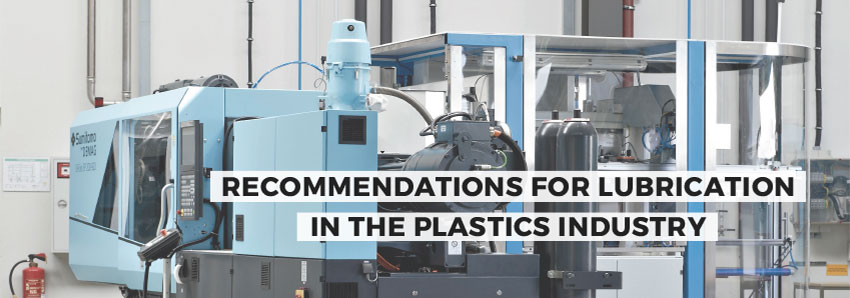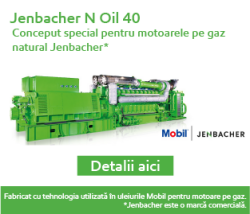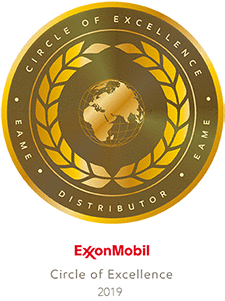Recommendations for lubrication in the plastics industry
 Recommendations for lubrication in the plastics industry
Recommendations for lubrication in the plastics industry
Plastics are indispensable in many industries existing worldwide today. They are a cheap and sustainable alternative to heavier and more sensitive materials, and are therefore they are used to produce a very large range of products, from plastic bottles to home appliances or cars. However, their production requires special equipment whose maintenance involves a complex process.
For the plastics production to take place correctly, efficiently and profitably, managers of various industrial sectors turn to professional solutions like the use of lubricants for industrial equipment.
How should the industrial equipment maintenance take place?
Choosing the best products for the lubrication of equipment in the plastics manufacturing industry is not an easy task. Generally, it is recommended that the maintenance actions follow the directions found in the instructions book of the equipment. It is also preferable to use oils from the ranges recommended by the equipment’s manufacturer.
Besides choosing an industrial lubricant suitable for the equipment’s needs, it is also important to observe the following aspects:
- Creating a daily verification plan seeking to monitor the temperature of the oil in the hydraulic tank and to control the system pressure
- Regularly changing oil filters and other parts of the equipment
- Checking and cleaning the cooling system and the electrical system
In this process, it is also very important the check of the oil received from suppliers immediately after delivery, before putting it in the hydraulic tank. It must meet all the criteria agreed with the supplier, according to the equipment’s needs.
Furthermore, the attention to the compatibility of the selected lubricant with the produced plastics is of major importance. For example, given the safety standards in the food industry, plastics must be produced with great care. They must be based on natural oils with high properties, and the testing of their compatibility requires compliance with a series of strict parameters.
How to choose the lubricants compatible with plastics?
Most plastics have a high content of specific chemical agents, coloring agents, additives that are designed to fight wear. All these contribute to maintain the polymer’s resistance over time, regardless of the conditions in which it is used.
For this reason, it is important that the lubricants used in the maintenance process to be free of reactivity in contact with other chemicals, resistant to the oxidation phenomenon, but also to other reactive gases. In the absence of these qualities, plastics may crack, swell or shrink, which affects the polymer’s performance, but also the plastics shape.
In general, manufacturers are those testing the compatibility of a product with different materials, especially under the effect of friction. They have the equipment necessary for such tests, as well as special techniques to achieve results with high accuracy. However, you can also test the purchased lubricants.
To test the lubricants you want to use, you need to:
- Measure, weigh and photograph all samples before starting the test
- Place the tested materials in an oven at a high temperature which does not affect, however, the quality of the plastic, together with the lubricant used
- Check the materials after approximately 48 hours
- Compare with the sizes and weight of the samples before the test
The difference between the samples at the beginning and at the end of the test must be very small, but you should keep in mind that it will always exist. During the test, you should focus your attention on the color of the material, which should not significantly change after exposure to a high temperature along with the lubricant.
Even if you use the same type of lubricant for years, it is recommended to test it, as manufacturers can change the applied formulas.
You know that you need high-quality lubricants for the equipment used for the production of plastics, but you don’t know which product is best for your needs?
Click on the image below to contact a Star Lubricants representative. You will receive as soon as possible a customized offer for your equipment.







